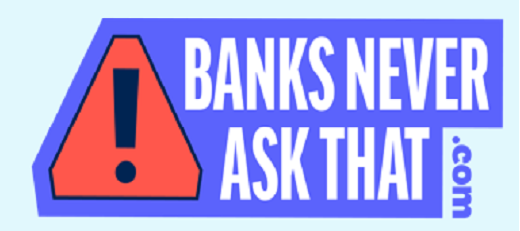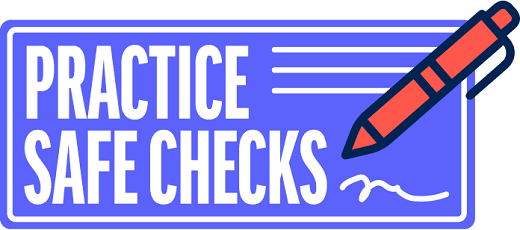

Can You Spot a Phishing Scam?
Every day, thousands of people fall victim to fraudulent emails, texts and calls from scammers pretending to be their bank. And in this time of expanded use of online banking, the problem is only growing worse. In fact, the Federal Trade Commission’s report on fraud estimates that American consumers lost a staggering $5.8 billion to phishing and other fraud in 2021, a 70% increase from 2020.
Every day, thousands of people fall victim to fraudulent emails, texts and calls from scammers pretending to be their bank. And in this time of expanded use of online banking, the problem is only growing worse. In fact, the Federal Trade Commission’s report on fraud estimates that American consumers lost a staggering $5.8 billion to phishing and other fraud in 2021, a 70% increase from 2020.
It’s time to put scammers in their place.
Online scams aren’t so scary when you know what to look for. And at Rosedale Federal, we’re committed to helping you spot them as an extra layer of protection for your account. We’ve joined with the American Bankers Association and banks across the country in a nationwide effort to fight phishing—one scam at a time.
We want every bank customer to become a pro at spotting a phishing scam—and stop bank impostors in their tracks. It starts with these four words: Banks Never Ask That. Because when you know what sounds suspicious, you’ll be less likely to be fooled.
These top 3 phishing scams are full of red flags:
- Text Message: If you receive a text message from someone claiming to be your bank asking you to sign in, or offer up your personal information, it’s a scam. Banks never ask that.
- Email: Watch out for emails that ask you to click a suspicious link or provide personal information. The sender may claim to be someone from you bank, but it’s a scam. Banks never ask that.
- Phone Call: Would your bank ever call you to verify your account number. No! Banks never ask that. If you’re ever in doubt that the caller is legitimate, just hang up and call the bank directly at a number you trust.
You’ve probably seen some of these scams before. But that doesn’t stop a scammer from trying. For more tips on how to keep phishing criminals at bay, including videos, an interactive quiz and more, visit www.BanksNeverAskThat.com. And be sure to share the webpage with your friends and family.
While the use of checks has declined 25%, reports of check fraud have nearly doubled since 2021.* Discover the information that’s at risk every time you write a check. Practice Safe Checks.
Play Scam City - Danger lurks around every corner. Play your way to phishing safety by dodging, jumping and ducking difference scams. Share your score on social media to encourage your friends and family to test their scam savviness, too. The more scam spotters out there, the harder it is for phishing criminals to catch their next victim!
Below are links to the resources provided by the American Bankers Association to help keep you safe.
*2024 Findings from the Diary of Consumer Payment Choices; Federal Reserve Financial Crimes Enforcement Network, Suspicious Activity Report Statistics


